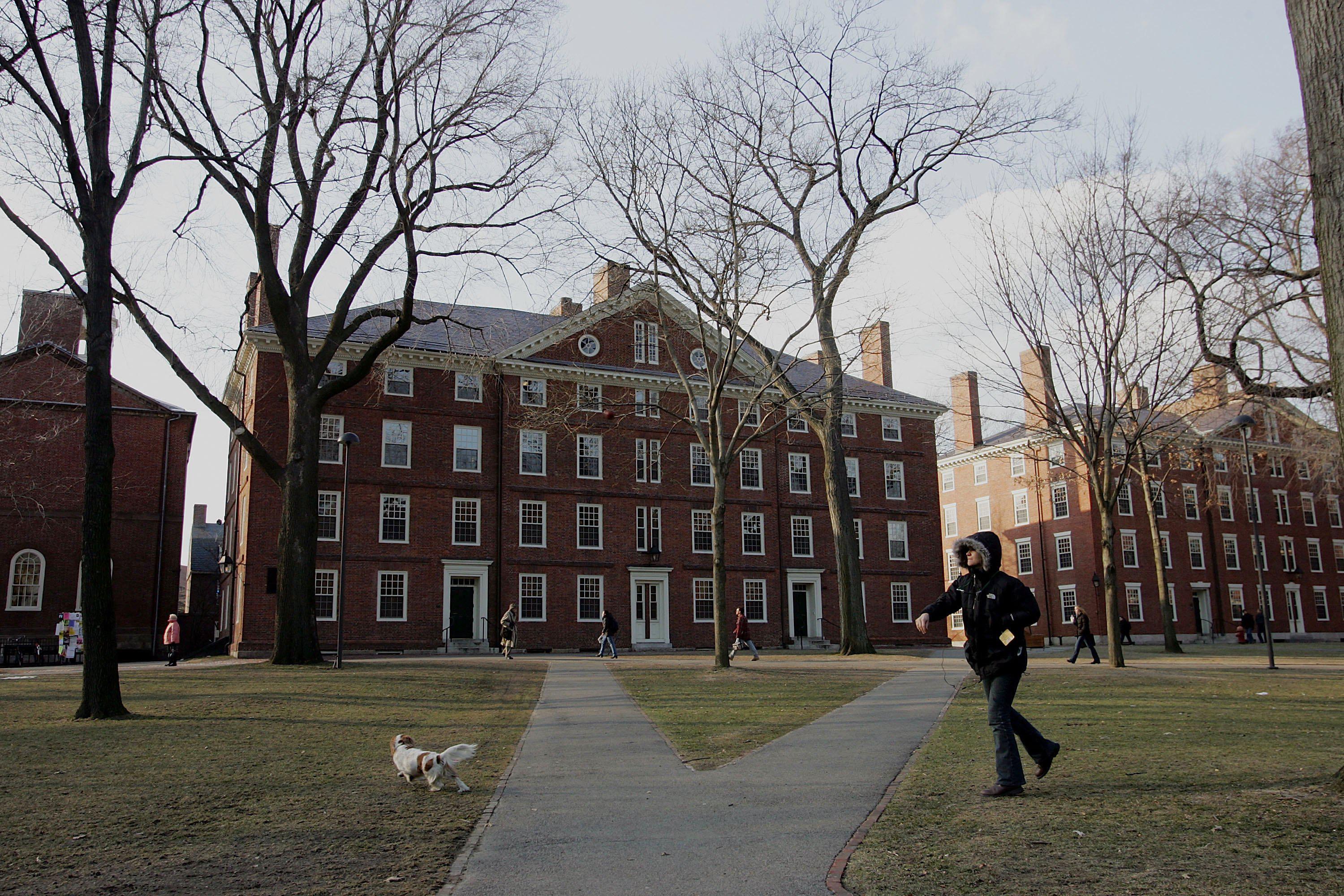On Monday, Nitin Nohria, the dean of Harvard Business School, took the opportunity to do something bold. Speaking to an audience of 600 alumni and guests at the Ritz Carlton Hotel in San Francisco, he apologized. Women at Harvard, he said, could feel “disrespected, left out, and unloved by the school.” “I’m sorry on behalf of the business school,” he continued. “The school owed you better, and I promise it will be better.”
What was HBS’s sin? Offensive treatment of female students and professors; a corrosive sexism devaluing women as business leaders ever since they were first admitted in 1963.
And what does “better” look like? Nohria announced plans to increase the number of female protagonists in Harvard case studies from 9 percent to 20 percent during the next five years. Because Harvard case studies are a gold standard in business school courses around the world, this promise to represent more financial problem-solvers as female “would have a big impact on the way leadership is taught,” according to John Byrne at CNN Money. Nohria also said he would “work relentlessly” to make “the entire school … more open and encouraging to women.”
Frankly, I hope that any school charging $50,000 a year in tuition would be open and encouraging to everyone it admits. This whole mea culpa smacks of gesture and performance: Nohria’s one concrete vow, to teach woman-centered case studies one-fifth of the time, feels underwhelming in a world where we make up half of the population. But maybe I’m expecting too much? Open contrition is a new look for HBS, groomer of trading-floor kings and boardroom honchos. When a willingness to admit fault, to question tradition, comes from entitlement-and-privilege land, perhaps that’s reason enough to celebrate.
Nohria’s appointment is part of the school’s ongoing effort to move away from a culture straight out of The Wolf of Wall Street. As Jodi Kantor wrote in a much-discussed New York Times piece last September, Harvard President Drew Gilpin Faust hired him in part to repair gender relations at HBS. That NYT story burned a hole in the school’s reputation with its scenes of sexism (such as the hazing of female students and professors, grading bias, and an obsession with women’s looks and wealth). But it also described how school officials were responding to the mess: note-takers in classrooms to track who spoke when, sexual violence workshops, class participation training, and courses structured around woman-friendly “problem solving teams” rather than lectures.
And the measures appear to be working. In 2013, Nohria told his audience, a record 41 percent of first-year HBS students were women, up from 25 percent two decades ago. The gender grade gap has closed since the reforms took effect in 2011, and last year women made up almost two-fifths of the highest-ranking scholars in the graduating class. In her New York Times story, Kantor quoted a female professor who worried that socially engineered gender equality at Harvard might fail to prepare female students for the real, bloody business of business. “Are we trying to change the world 900 students at a time?” the professor asked. Judging from Nohria’s extraordinary mea culpa on behalf of the school, maybe they are.
